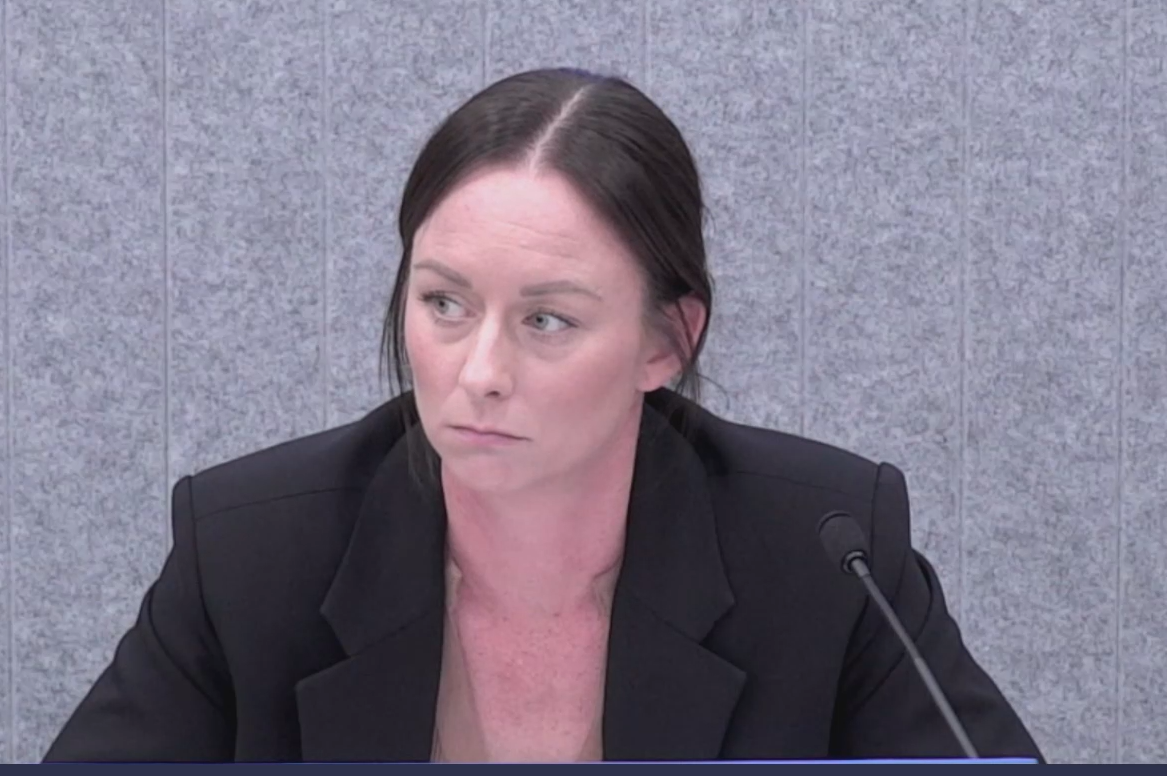
Senior Constable Emma Frizzell told the inquiry she was “concerned” about the police taking matters to trial that don’t have sufficient evidence. Photo: Screenshot.
There is still “confusion” and “disagreement” among police officers as to the correct test for a suspect to be charged, a police officer involved in the Bruce Lehrmann case told the Board of Inquiry on Thursday (25 May).
In response to questioning by Director of Public Prosecutions Shane Drumgold SC’s counsel Mark Tedeschi KC, Senior Constable Emma Frizzell admitted that even the test she had written in her statement was incorrect, something that she only discovered during the course of the inquiry into the ACT criminal justice system’s handling of the Lehrmann trial.
“I think having watched these proceedings for the past week and a half that I concede that I don’t have it right … What I’ve written there is not right,” she said.
During the first module of hearings earlier this month, Mr Drumgold told the inquiry that he had observed a “skills deficit” within the police, with officers using incorrect standard of proof tests.
“There’s terms [being used by police officers] that are unfamiliar to Australian law … like ‘probable cause'”, which “one might see on a US police show”, he said on 11 May.
In her statement, Ms Frizzell said that to charge a suspect, there must be a “reasonable belief that the evidence supports a person being successfully convicted”, adding that “what has complicated this threshold in recent times is the views being expressed by the ODPP [Office of the DPP] that police only require a reasonable suspicion”.
As Mr Drumgold wrote in his statement, he had expressed concerns that the ACT Criminal Investigations Sexual Assault and Child Abuse Teams (SACAT), of which Ms Frizzell was a member, was “erroneously applying the test of whether a matter had a reasonable prospect of conviction” and “it was the misapplication and frequent misunderstanding of the relevant tests that led to a large number of cases not resulting in charges”.
Mr Drumgold explained that the reasonable prospect of conviction is to be decided by the DPP, not the police.
Ms Frizzell was asked by Mr Tedeschi about a meeting between police officers and members of the DPP’s office when they were told that there was a “different test for police to charge”, and this was a “lower test, an easier test”.
He suggested to her that she was “concerned” that the DPP’s position could mean matters would go to trial without any or sufficient corroborative evidence, to which she clarified: “In my experience, I’ve had matters with more evidence than just an interview result in not guilty [verdicts] in a court and seen the effect that this has on a person’s welfare.
“It concerned me to put something with less evidence to support the allegations [that] would potentially have the same result and how that would impact complainants and their welfare,” Ms Frizzell added.
Ms Frizzell was then asked whether she believed there was corroborative evidence in the Lehrmann case. As Mr Tedeschi explained, there are three elements in an allegation of sexual assault. He first asked her if she believed there was corroboration of sexual intercourse between Ms Higgins and Mr Lehrmann, to which she said no.
“I want to suggest to you that there was corroboration of that,” Mr Tedeschi said.
“Ms Higgins was seen in the complete nude in a minister’s office, asleep.”
Ms Frizzell agreed that this could count as “some evidentiary support”.
She also agreed that Ms Higgins’ state of intoxication was “some supportive evidence of a lack of capacity to consent”. However, she said that Mr Lehrmann’s explanation of four different reasons why he had gone to Parliament House was not “supportive evidence of either a knowledge of lack of consent or knowledge of recklessness”.
Ms Frizzell said in her statement that she had “personal concerns” about Brittany Higgins’ evidence but that “my views and attitudes towards the prosecution were unchanged”.
“The decision to charge wasn’t my role,” she told the inquiry.
“My role was the corroborator, an investigating member of this matter. The matter proceeds to court and I just continue with that. I keep investigating the matter and that doesn’t change.”












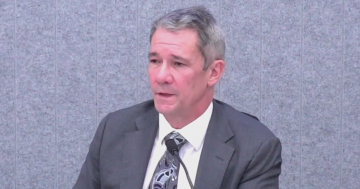
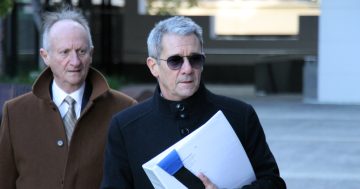
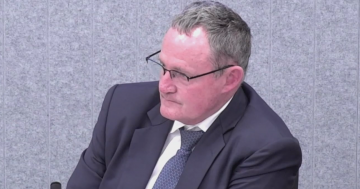

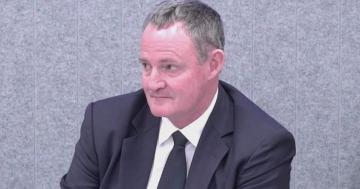

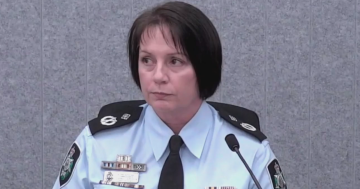


Thank you Sarah and team👍👍😊😊💕 View